Get posts by email
Project Based Learning as both a mindset and methodology
September 20, 2017
When I was preparing this presentation, last May, my desire was to present project based learning as both an approach to life and learning and as a specific pedagogical tool in your homeschool. I wanted to share personal experience from our own homeschool journey, what this actually looks like for us, and to help other homeschoolers by providing a framework they could use to implement project based learning in their homes.

I used the term mindset to encapsulate the idea of "an approach to life", and methodology as shorthand for the "how to do it".
Then, as I was going back over my presentation video and notes, to post it here and share it with a wider audience, I realized that those words mindset and methodology could also help explain how I define project based learning.
I define project based learning, as you'll see in my forthcoming video, as "self-chosen, self-directed, and self-managed". I borrow these parameters from the work of Lori Pickert.
Project based learning is interest-driven and learner-motivated.
It is not "project" assignments. (There are exceptions to this which I address in the video and the last section of this post.)
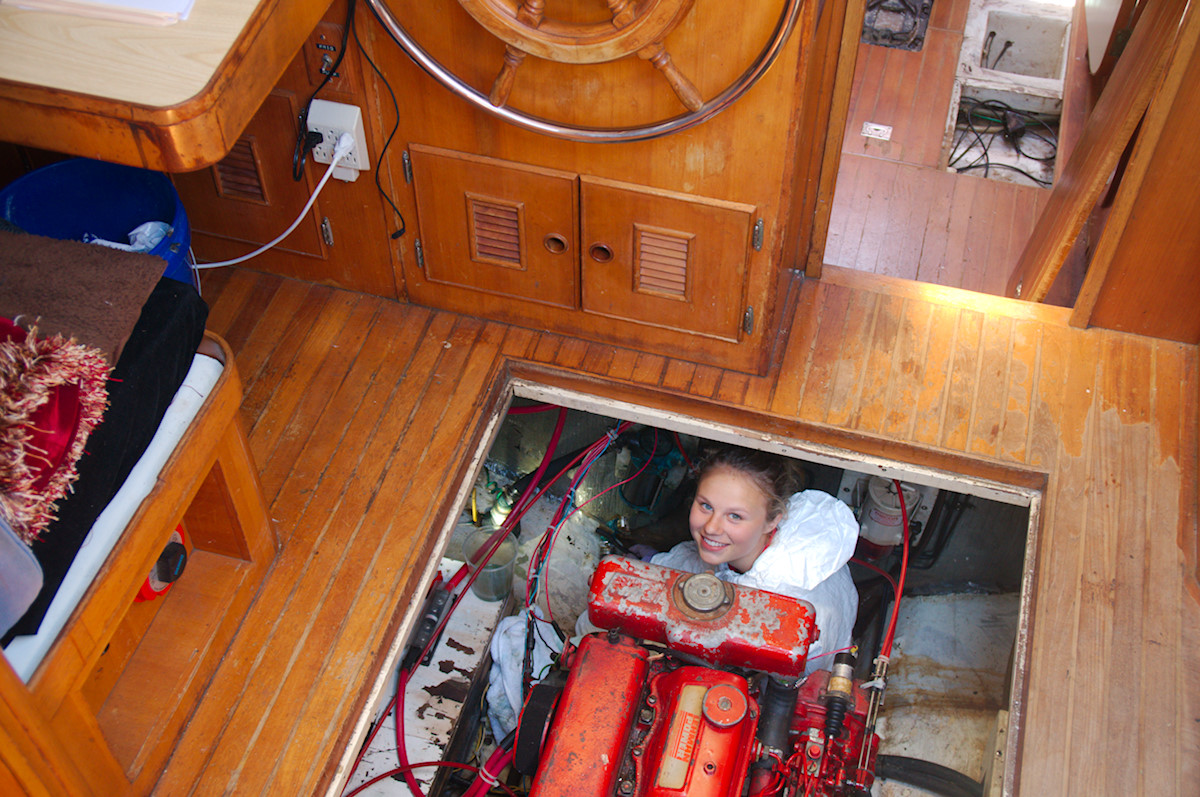
You can't paste the label "project based learning" onto teacher/parent-directed assignments that are called "projects". They are not the same thing.
I think delving into the words mindset and methodology can help us understand this distinction.
Mindset
A mindset is a mental approach. It's a belief or set of beliefs that orient us to a certain way of handling situations. It's how we sort out what is going on around us and what we should do about it.
Everyone has a mindset about things, they just might not be aware of it. And sometimes our ignorance of our thinking, of our mindset, is harmful. As a person who struggles with anxiety I've had to become super aware of my mindset, in order to both understand where my anxiety is coming from and how to change that mindset for better health and wellbeing.
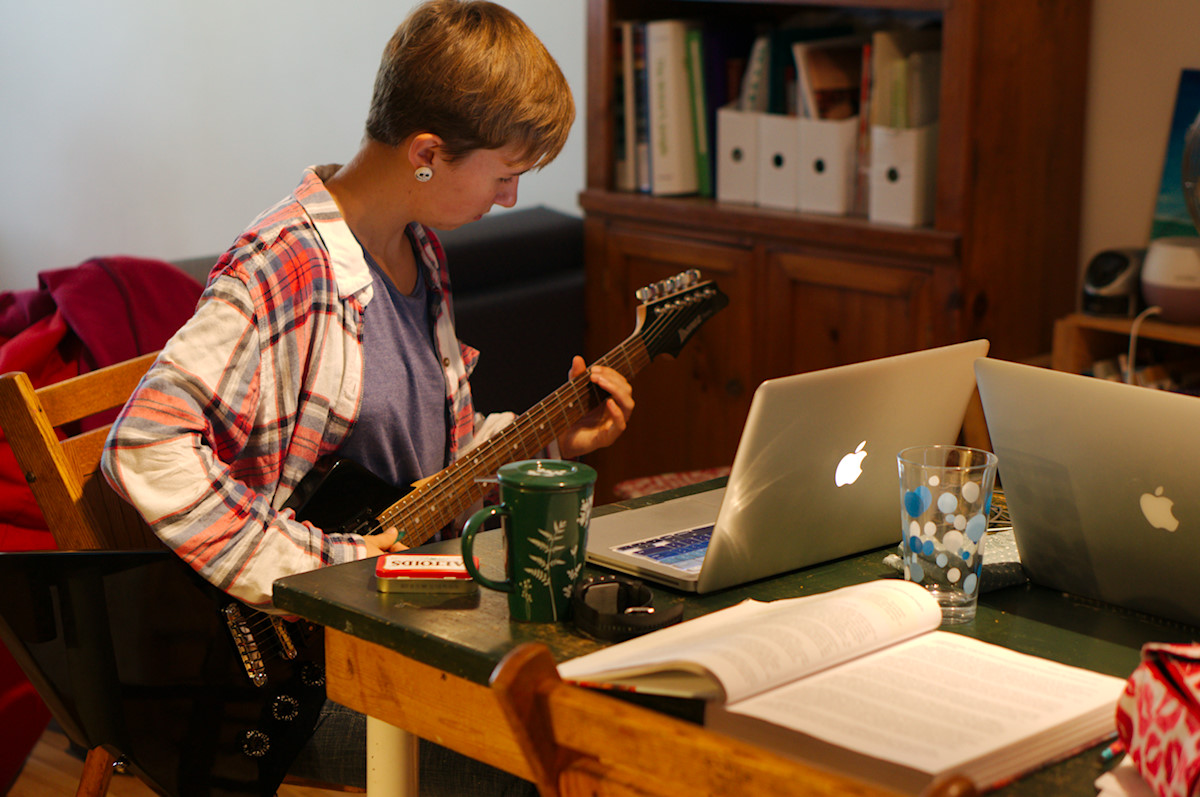
Mindset, as a term, has become popular in the last decade (along with mindfulness, etc...), and a lot of research and writing is being done about this topic. The groundbreaking research and bestselling book, Mindset: The New Psychology of Success by psychologist Carol Dweck, Ph.D, has been instrumental in this awareness.
I haven't read the book, but her premise is that a growth mindset, the belief that abilities and intelligence can be developed (they are not "fixed"), increases learner motivation and achievement.
This idea has become so widely accepted by parents and teachers that it now seems intuitive. Our current understanding about a growth mindset is due in part to research on brain plasticity, which is the brain's ability to change and adapt as a result of experience. We are growing, evolving creatures. Our circumstances present opportunities to learn new skills and adapt, and this happens through the brain actually modifying its very structure. And we can modify its structure towards success.
Project based learning, as a mindset about learning, orients us as homeschoolers (or parents, or people) to handle situations in a certain way. It's a way of approaching problems and interests, as an opportunity to create, make and do something in the world to pursue that interest, to solve that problem.
And because, in its very iterative structure (which I explain in the video), it develops a learner's ability to generate, implement, and adapt ideas, I argue that project based learning orients us to meet life's challenges with a growth mindset. Specifically in the "overcoming obstacles and failures" part of the doing. (But I'm getting ahead of myself here, you'll find out more about that in the video.)
In plain and simple terms, homeschoolers with a project based mindset view opportunities, challenges, and interests as means to "do projects" and learn about self and the world through that opportunity.
Project based learning, as a mindset, is learning how to learn, by applying a project based approach to a given problem or opportunity. It develops a particular way of engaging with the world.
Methodology
See this post for how I define and understand homeschool methods.
Project based learning, as a methodology is "how you actually do the work". The methods are the tools used to achieve learning outcomes; the acquisition of knowledge, skills, experience, and attitudes in specific subject matter. In doing self-directed projects the student develops not just the mindset to solve problems and explore interests, they also meet very tangible learning objectives. They learn to write, read, compute, research, build, etc...

As a mindset, it's learning how to learn. As a method, it's a tool for learning specific skills and achieving certain goals.
Project based learning as a method is how you do projects. And doing projects, like other learning methods is a means to acquiring specific knowledge and experience.
Project based learning as a mindset is a mental approach, it's a belief or set of beliefs (developed in the actual doing, or the "method") that orient us to a certain way of handling situations, and approaching life.
These two things, the mindset and the methods, are interwoven and they depend on each other. In order to "do" project based learning as a method, you need a mindset that considers projects as a means to approaching life and learning. And you can only develop that by gaining experience in doing projects. Doing the work.
The two go hand-in-hand, so much so that I don't usually attempt to tease them apart. But today I am, in part for the mental challenge and exercise and also to help differentiate "project based learning as a mindset and methodology" from "projects as a type of teacher-given assignment"
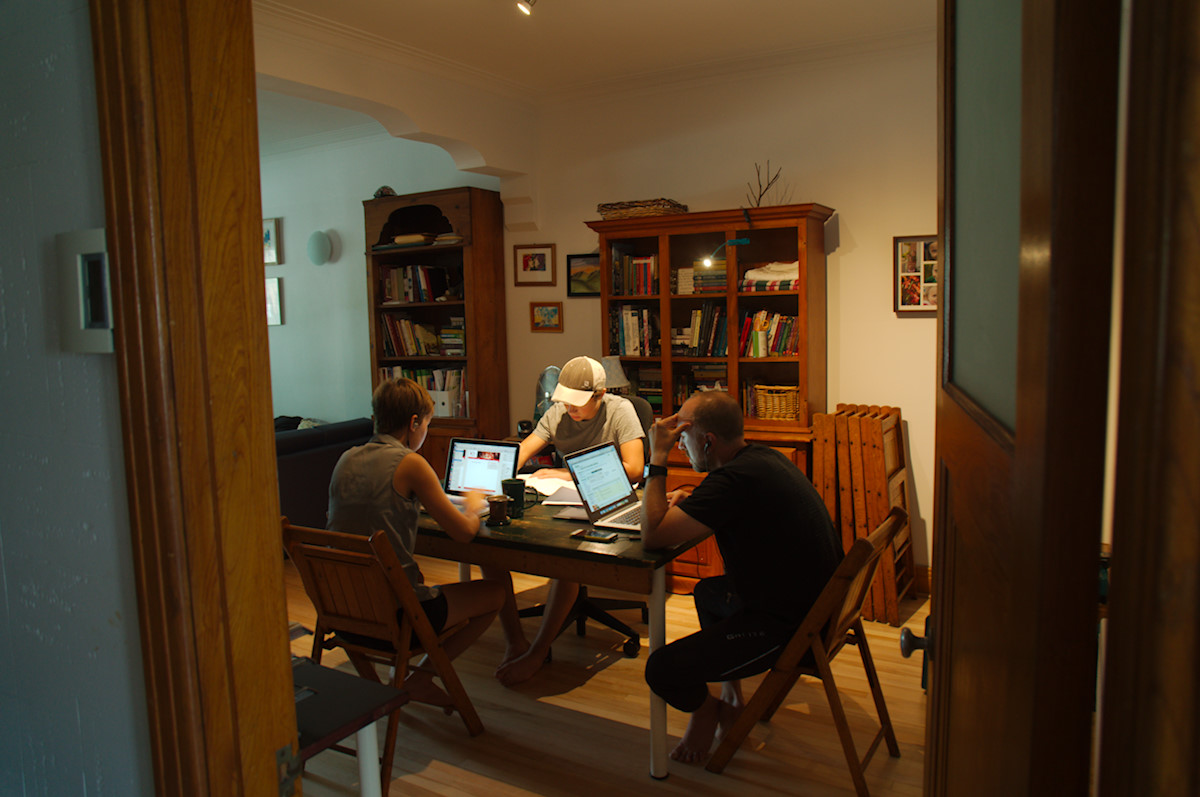
Self-Directed Projects vs. Assignments
I've been sitting with these ideas for a while, thinking about how homeschool parents and teachers assign projects to their students, as a means for that student to learn a pre-determined set of outcomes. That is a type of project, yes. But it's not project based learning as a mindset and methodology. It's just projects as a method, another word for assignments.
Self-directed learning, with mentorship and guidance (as I discuss in the video), develops the mindset of project based learning, which is this: life itself is a project, full of many small, big, and interconnected projects. We "do" these projects because we're doing life. We need to learn something to reach our next goal. We have a vision that we want to make reality. We move in the direction we want through a series of projects.
With a project based learning mindset we're not depending on someone to assign us our next task. We learn to direct our own learning and thereby direct our own lives. Talk about increasing learner motivation and achievement.
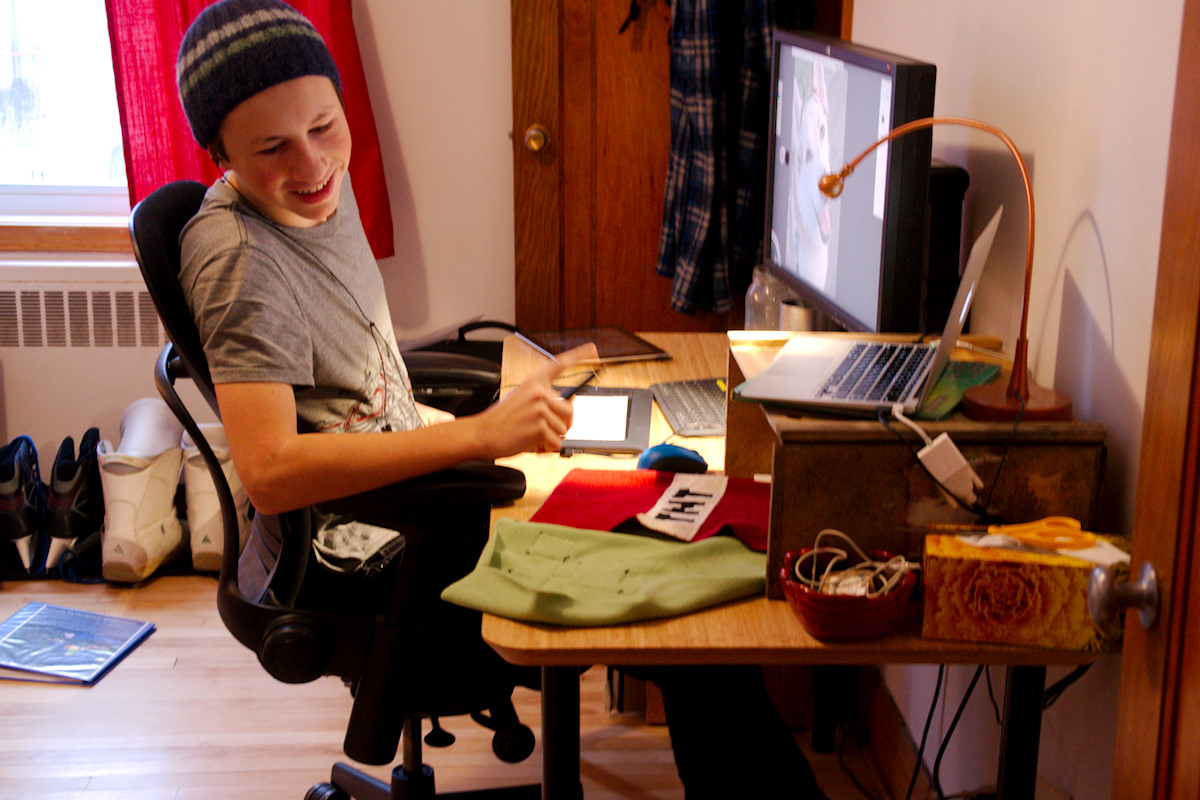
For project based learning to develop as a mindset (an approach to lifelong learning) and not just as a methodology (a method used to acquire specific knowledge, skills, and experience), the projects have to be self-directed.
To be clear, assigned projects can develop a growth mindset. A lot of circumstances, situations, learning assignments can do that, with the right support and feedback. But assigned projects are not as effective as self-directed projects at developing a project based mindset to approaching life's problems and exploring life's interests.
Someone telling you what to do and how to do it, or even laying out the expected learning outcomes, does not develop the same mental approach (mindset) to solving problems as learning to self-identify problems or interests, chart a way forward, do the work, overcome resistance, do more work, and come out the other end having created something inherently meaningful to the learner. One is learning to think for yourself and the other is essentially being told what to do.
Which is not to say assignments are necessarily bad, they just achieve different ends.

The exception, or perhaps expansion, to this idea.
A student accepting assignments as part of their own self-directed learning path can be an integral part of the project based learning experience, but for these to "qualify" as a learner-driven learning process, they must happen in the context of the student/learner's initiative. For example, accepting and completing mentor-directed assignments can be part of a student's larger project to learn a particular skill.
Taking on assignments, as part of your own project based learning, comes after the foundation of self-chosen, self-directed, self-managed projects has been laid. The scholar and depth phases of education (see video and outline notes in next post) are full of this kind of learning, where the learner seeks and accepts mentor-directed assignments, as a tool within the larger context of self-directed learning projects.
A simple example; if a student wants to build a website or a video game they may take courses, or find an experienced developer, to help them do so. And that teacher/mentor may assign projects, research, and other learning materials to teach a particular skill, so the student can meet their goal, to move forward with her project.
I think this is obvious, but a different kind of learning is going on in this scenario than when the student has no choice, as in the case of compulsory, mandatory education (either at school or home). Project assignments in that context take on a different flavor and meaning, and achieve different ends.
Conclusion
Explaining these abstract ideas about developing the mind (which is one of the goals of education) through the lens of project based learning is just that, a lens.
It's a way of giving language to something that can be hard to define. You might be able to replace "project based learning mindset" with some other all encompassing term, "learner-driven, growth mindset developing, synapse forming..." but I'm not there yet in my professional development as an educator, thinker, and writer. I don't have that simplistic phrase or term. And maybe it doesn't exist. Probably not.
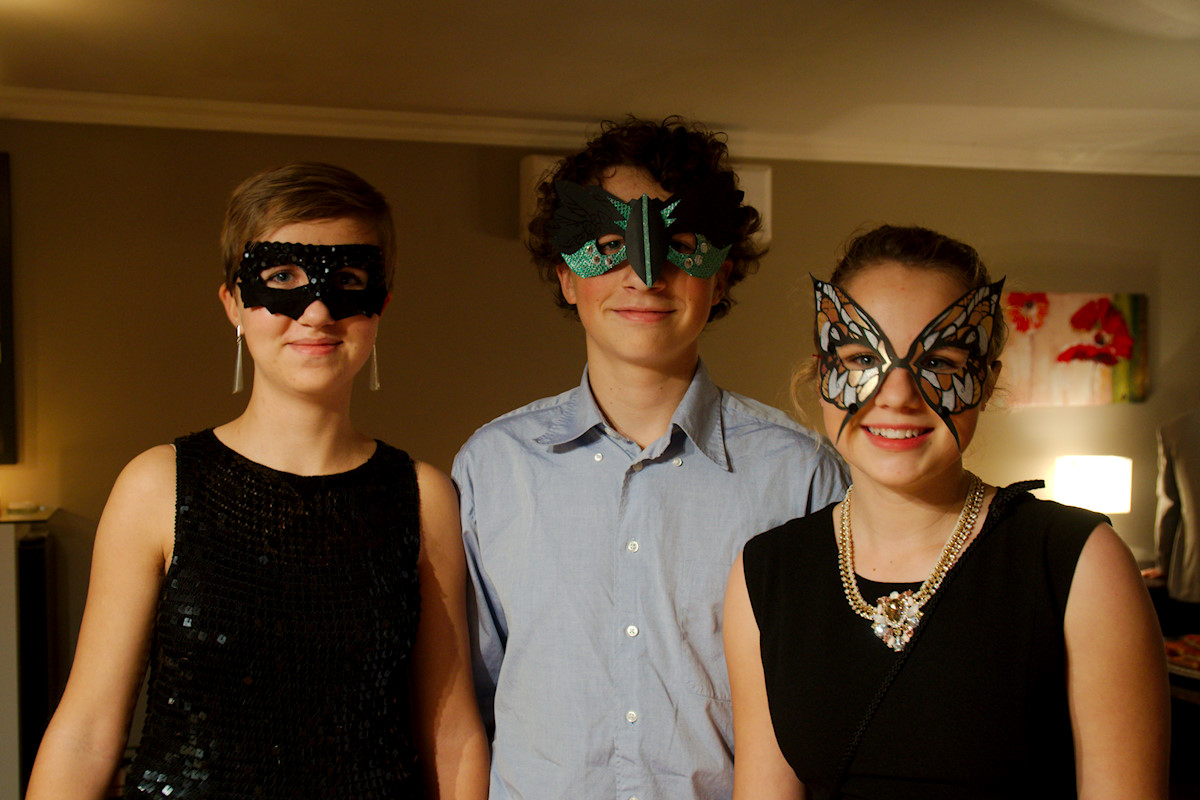
Sometimes we lose a lot of the mystery and magic of being human, the gift of living, breathing, and learning, when we try to reduce and distill ideas down to simplistic definitions.
It's easy to understand projects at the hands-on level, the method. We understand the tangibles. I'm trying to give language to the intangibles, to how we think and view the world and how that shapes our actions, specifically in the homeschool setting.
But you don't have to think that deep about it, you can just watch the video for the specific how-to's, based on our family's experience, of self-directed project based learning.
That video will be my next post in this series. I'm almost done editing it so stay tuned.
Filed Under
Part of Series
Resource Library
-

Cathy Babcock on Sept. 29, 2017, 3:50 p.m.
I'm a little behind on my reading, but just wanted to say I appreciated this. I think understanding this is hard for those who don't have a life-is-learning approach to life. Our educational philosophy is a blend of these two very different approaches. We have time each day for focused, scripted, assigment-based learning (i.e. we use curriculum). And then we put it aside to the freedom of project-based learning. I am very aware of when I am the one giving the assignments and when I am just there for needed support. In both instances, when my children come to me with something they can't figure out, I don't just give them the answer--I help them find it. I would decribe myself not as a teacher, but as a guide. Most people don't understand that, though. I'm looking forward to watching your video and following your discusion on this.
-

Renee on Sept. 29, 2017, 3:54 p.m.
Cathy,
Thanks so much for your comment and contribution here. I enjoyed the description of your learning environment and I can completely "get it". And I appreciate how you use both, according to the needs and goals for your family and children. What great freedom! I feel the same way about my role as educator, I'm a guide.
-
You can subscribe to comments on this article using this form.
If you have already commented on this article, you do not need to do this, as you were automatically subscribed.

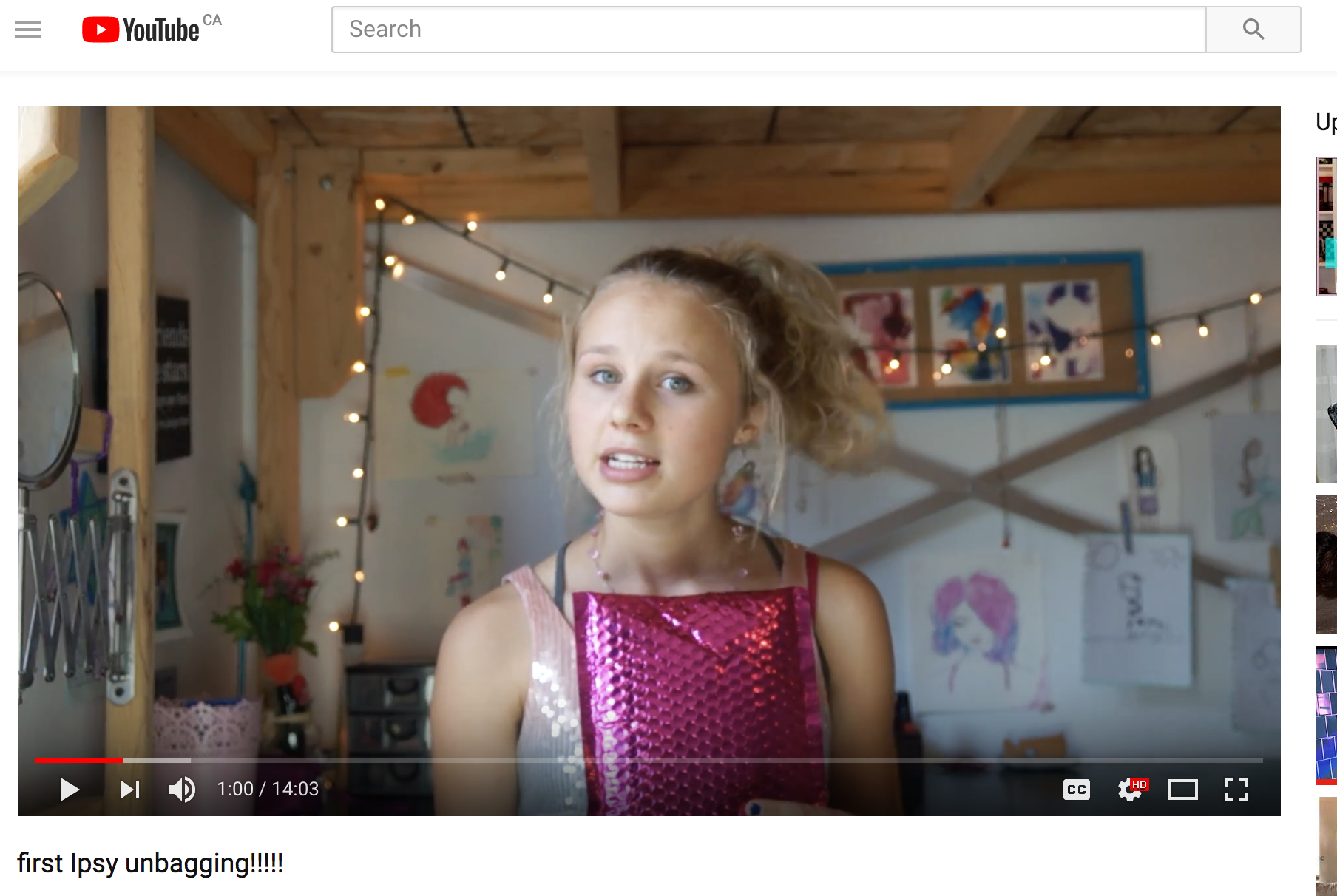






Jen LIminal Luminous on Sept. 21, 2017, 9:59 a.m.
This is fascinating. I don't have kids, but can see how this way of learning is essentially what I do, but beat myself up for it.
I love learning new things, and trying new things and I think of myself as flakey as a result.
Maybe if I reframe these as projects then I can enjoy them for what they are and what I get out of them, rather than seeing it as things I try and give up?
I think I will adapt this idea for me...
Renee on Sept. 21, 2017, 2:07 p.m.
Yes. Do adapt it! This is a "life learning" idea, not a homeschooling idea.